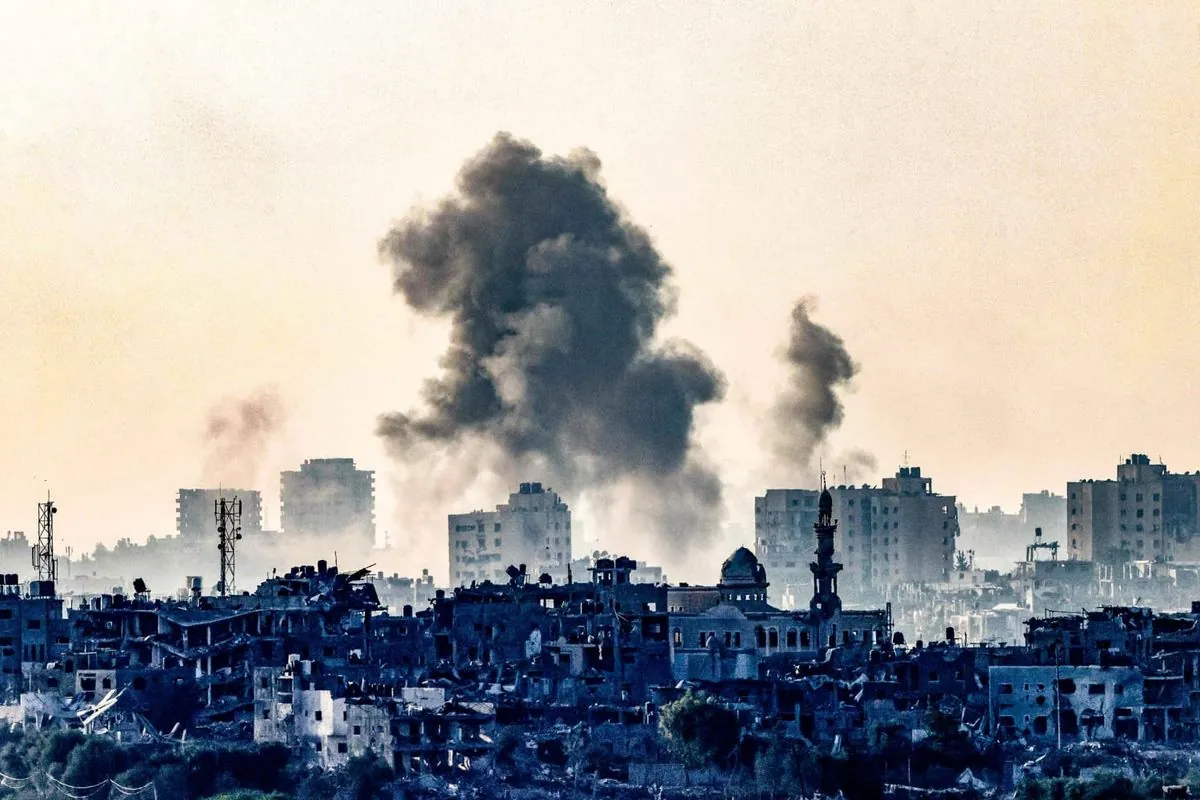In a recent development, Hamas, the Palestinian militant group, has requested mediators to present a plan based on previous discussions rather than engaging in new negotiations for a Gaza ceasefire deal. This statement comes as international efforts to broker peace in the region intensify.
On August 11, 2024, Hamas issued a statement calling for the implementation of an agreement reached on July 2, 2024. The group emphasized the need to enforce this plan on Israel, referring to it as "the occupation." Hamas expressed reluctance to participate in further rounds of negotiations, suggesting that new proposals might provide cover for continued Israeli military actions.
This stance follows a recent initiative by leaders of the United States, Egypt, and Qatar, who had called for Israel and Hamas to meet for negotiations on August 15, 2024, in either Cairo or Doha. The proposed talks aimed to finalize a Gaza ceasefire and hostage-release deal. While Israel agreed to send negotiators, Hamas initially stated it was considering the offer before indicating its preference for implementing previously discussed plans.
The ongoing conflict has its roots in events that occurred 10 months ago. On October 7, 2023, Hamas fighters launched an attack on southern Israel, resulting in the deaths of 1,200 people, primarily civilians, and the capture of over 250 hostages, according to Israeli reports. In response, Israel initiated a military offensive in Gaza, which has led to nearly 40,000 Palestinian casualties, as reported by the Gaza health ministry.
This conflict is part of a long-standing issue that has persisted for over seven decades. The Gaza Strip, one of the most densely populated areas globally, has been under an Israeli-Egyptian blockade since 2007, when Hamas took control after winning elections in 2006. The United Nations has classified Gaza as an "occupied territory" since 1967, and the region has faced severe economic challenges due to the blockade.
International efforts to resolve the conflict have been ongoing. The Oslo Accords, signed in 1993, were intended to lead to a two-state solution, but progress has been limited. The UN Security Council has passed numerous resolutions regarding the Israeli-Palestinian conflict, and the Quartet on the Middle East, established in 2002, includes the UN, EU, US, and Russia in its efforts to mediate peace.
The current situation highlights the complex nature of the conflict and the challenges in achieving a lasting resolution. As the International Criminal Court has opened an investigation into alleged war crimes in Palestinian territories, the need for a peaceful solution becomes increasingly urgent.
"The mediators should enforce this on the occupation (Israel) instead of pursuing further rounds of negotiations or new proposals that would provide cover for the occupation's aggression and grant it more time to continue its genocide against our people."
As the situation unfolds, the international community continues to push for dialogue and a peaceful resolution to the conflict that has caused significant suffering on both sides.
